Document Author
Year Published
Topic
- (-) Remove 100% Access to Justice filter 100% Access to Justice
- Self-Help Centers (9) Apply Self-Help Centers filter
- Ethics Education (7) Apply Ethics Education filter
- Trial Court Self-Help (7) Apply Trial Court Self-Help filter
- Strategic Planning (6) Apply Strategic Planning filter
- Judges (4) Apply Judges filter
- Judicial Ethics (4) Apply Judicial Ethics filter
- Libraries (4) Apply Libraries filter
- Presentations (4) Apply Presentations filter
- Research (4) Apply Research filter
- Courts (3) Apply Courts filter
- Forms (3) Apply Forms filter
- Justice Tech Entrepreneurs (3) Apply Justice Tech Entrepreneurs filter
- Legal Aid (3) Apply Legal Aid filter
- Linking a Self-Help Center to Other Services (3) Apply Linking a Self-Help Center to Other Services filter
- Private Bar (3) Apply Private Bar filter
- Reports, Evaluations, Best Practices, Surveys (3) Apply Reports, Evaluations, Best Practices, Surveys filter
- Unbundling (3) Apply Unbundling filter
- Allied Professionals (2) Apply Allied Professionals filter
- Attorney Ethics (2) Apply Attorney Ethics filter
- Best Practices (2) Apply Best Practices filter
- Best Practices for Self-Help Centers (2) Apply Best Practices for Self-Help Centers filter
- Clerk, Self-Help Center Staff, and Librarian Ethics (2) Apply Clerk, Self-Help Center Staff, and Librarian Ethics filter
- Conferences & Summits (2) Apply Conferences & Summits filter
- Forms (2) Apply Forms filter
- Integration with Institutional Process (2) Apply Integration with Institutional Process filter
- Plain Language (2) Apply Plain Language filter
- Plain Language & LEP (2) Apply Plain Language & LEP filter
- Trainer of the Trainer Materials / Curricula (2) Apply Trainer of the Trainer Materials / Curricula filter
- Webinars (2) Apply Webinars filter
- Working Groups (2) Apply Working Groups filter
- Impact of Self-Represented Litigant Innovations on Cost and Efficiency (1) Apply Impact of Self-Represented Litigant Innovations on Cost and Efficiency filter
- Law Libraries (1) Apply Law Libraries filter
- LEP and Access (1) Apply LEP and Access filter
- Regulatory Concerns (1) Apply Regulatory Concerns filter
- Reports (1) Apply Reports filter
- Scaling in Court Systems (1) Apply Scaling in Court Systems filter
- Simplification (1) Apply Simplification filter
- Starting a Self-Help Center (1) Apply Starting a Self-Help Center filter
- Surveys (1) Apply Surveys filter
- Technology (1) Apply Technology filter
- Tools for Evaluating Self-Help Programs and Services (1) Apply Tools for Evaluating Self-Help Programs and Services filter
- Triage (1) Apply Triage filter
- Triage & Service Portal (1) Apply Triage & Service Portal filter
State
Region
- (-) Remove United States filter United States
Tags
Post date
Search results
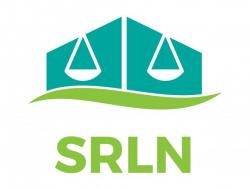
SRLN Brief: Memo on Model Code of Judicial Conduct 2.2 Revisions (SRLN 2012)
This memorandum lays out ways that states can develop state-specific comment language for their judicial codes. The memo reflects recent research, as well as recent state developments as of date of publishing. Judges Judicial Ethics United States SRLN Mem ...
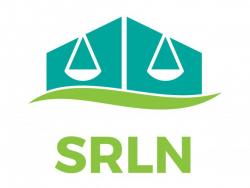
SRLN Brief: Procedural Fairness / Procedural Justice (SRLN 2015)
Research has shown that when defendants and litigants perceive the court process to be fair, they are more likely to comply with court orders and follow the law in the future—regardless of whether they “win” or “lose” their case. This is called procedural ...
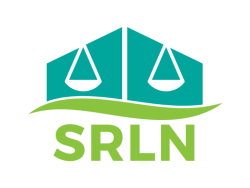
SRLN Brief: Envisioning 100% Access (SRLN 2015)
National Initiative: JUSTICE FOR ALL PROJECT Over the last fifteen years, leaders from the courts, legal aid programs, private bar associations, and allied professionals have actively pursued innovations to reimagine and redesign the civil legal system so ...
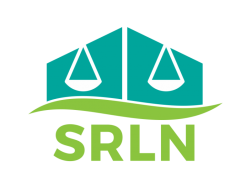
SRLN Brief: Incubators- Changing the Practice of Law (SRLN 2015)
In recent years, many law schools have started post-graduate training and support “incubator” programs designed to help recent graduates or new attorneys start their own firms. Incubators meet two important access to justice initiatives: they facilitate a ...
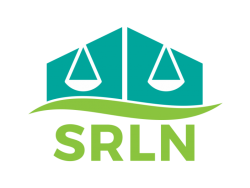
SRLN Brief: Examples of Legal Aid On-Line Intake and Triage Projects (SRLN 2016)
Over the years, legal aid programs developed complex intake protocols and decision trees to help manage their crushing caseload. Initially, these screening tools were simply paper documents that intake staff could use. Then, as telephone hotlines develope ...
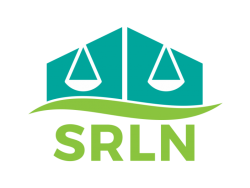
SRLN Brief: Plain Language Resources for 100% Access (SRLN 2015)
What is plain language? As described by the federal government on plainlanguage.gov, plain language is communication your audience can understand the first time they read or hear it. Plain language is recognized as an essential best practice in all access ...
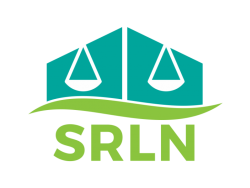
Best Practices: Best Practices in Court-Based Programs for the Self-Represented: Concepts, Attributes, Issues for Exploration, Examples, Contacts, and Resources (SRLN 2008)
This document, now in its second version, summarizes forty-two best practices in court based self-help service innovation, with descriptions of each practice, suggested attributes, examples and contacts. Recommended Citation, The Self-Represented Litiga ...
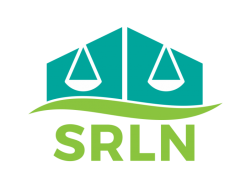
Tool: Self-Diagnostic Protocols & Solutions for Affordable Access to Justice Innovations (SRLN 2010)
Drawing upon a wide range of Best Practices (srln.org), approaches, tools and materials developed by the SRLN, this resource is designed to help courts identify and implement potential improvements in access and efficiency in as cost effective a manner a ...
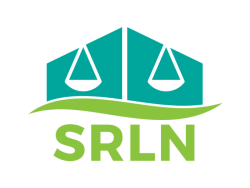
Conference: Harvard Judicial Leadership Conference (SRLN 2007)
Based on the research of the Self-Represented Litigation Network (SRLN), the resources below make up the original judicial curricula prepared by the National Center for State Courts (NCSC), the American Judicature Society, and the National Judicial Colleg ...
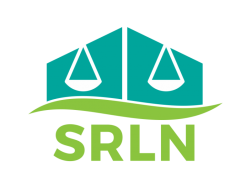
SRLN Brief: Rule 6.5- A Powerful Tool to Diversify Pro Bono and Transform Court Services (SRLN 2015)
Ethics rule 6.5 is a powerful tool to diversify pro bono programs and to transform court services because it allows unbundled lawyers to perform real time services in court-annexed programs without the onerous clerical burdens and limitations under the tr ...